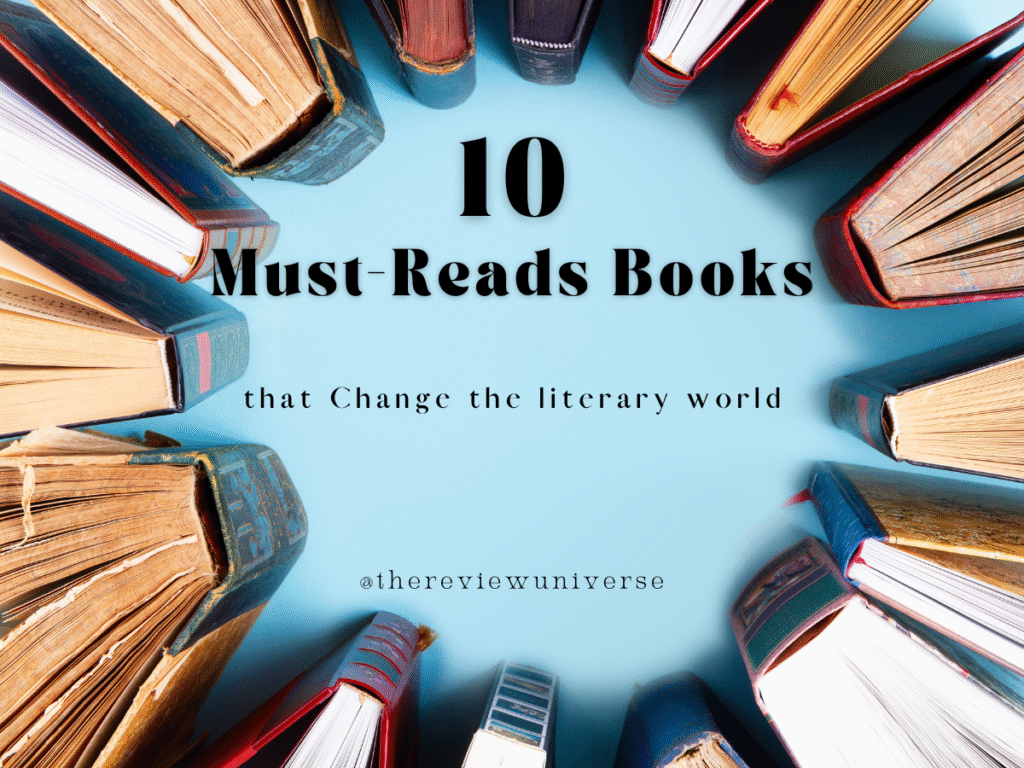
Books don’t just tell stories — some redefine how stories are told. Throughout history, novels have transcended the page to shift cultural consciousness, reshape genres, and challenge the limits of language and thought. These literary titans have influenced readers.
1. DON QUIXOTE – MIGUEL DE CERVANTES
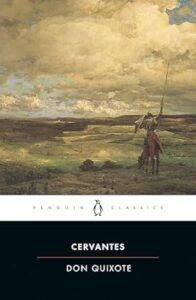
The first modern novel, this shattered expectations with its playful structure and satirical edge. He blurred the line between fiction and reality, questioning identity and idealism.
2. HAMLET – WILLIAM SHAKESPEARE
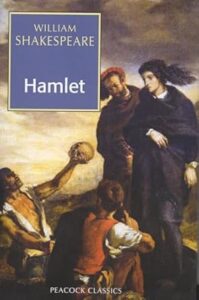
More than a play, Hamlet is a deep dive into the human mind. Shakespeare’s use of monologues and inner conflict opened the door for psychology in storytelling, reshaping drama forever.
3. THE EPIC OF GILGAMESH
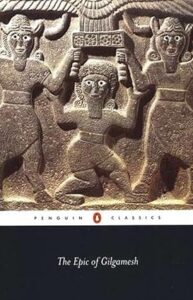
This Mesopotamian epic introduces timeless themes of friendship, mortality, and heroism. It laid the groundwork for storytelling itself and inspired generations of mythic narratives.
4. THE ILIAD AND THE ODYSSEY – HOMER
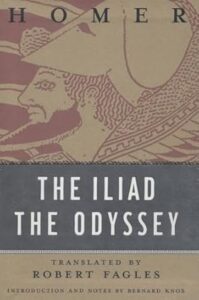
These twin epics are foundational texts of Western literature. The Iliad captures the tragic grandeur of war and heroism, while The Odyssey follows a hero’s long, perilous journey home.
5. THE DIVINE COMEDY – DANTE ALIGHIERI
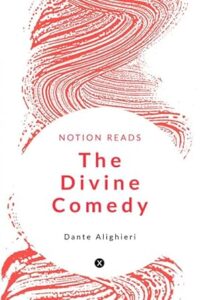
Dante’s journey through Hell, Purgatory, and Paradise isn’t just theoretical — it’s poetic, political, and philosophical. His work brought complex ideas into a vivid story that still stuns readers with its ambition.
6. FRANKENSTEIN – MARY SHELLEY
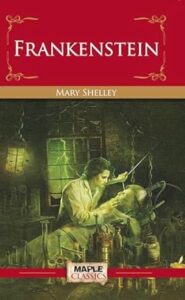
Written by a teenager, it is often hailed as the first science fiction novel. Shelley wove together horror, ethics, and existential questions about science and humanity, themes that feel more urgent than ever in the age of AI.
7. PRIDE AND PREJUDICE – JANE AUSTEN
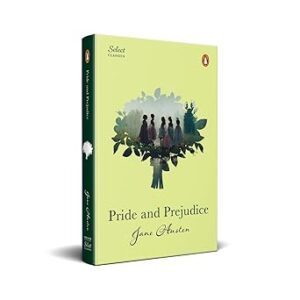
Elizabeth Bennet stands out with her wit, strong sense of self, and the courage to grow and question the world around her.
8. WAR AND PEACE – LEO TOLSTOY
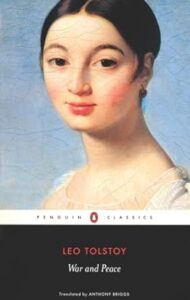
This epic doesn’t just span battlefields and ballrooms, it plunges into the psychology of its characters, blending historical sweep with philosophical depth. It’s a novel that expanded what fiction could do.
9. ONE HUNDRED YEARS OF SOLITUDE – GABRIEL GARCÍA MÁRQUEZ
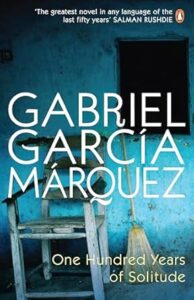
The flagship of magical realism, this novel turned the literary world on its head. Márquez’s imaginative prose, blending myth and reality, gave voice to Latin America’s complex history and cultural identity
10. THINGS FALL APART – CHINUA ACHEBE
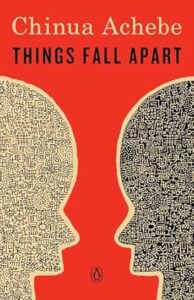
This groundbreaking novel offered an African counter-narrative to colonial literature. With its deep cultural context and tragic protagonist, it transformed postcolonial literature and brought African storytelling to the global stage.
These books didn’t just reflect the times they were written in — they helped shape the world that followed. Reading them isn’t just a literary experience; it’s a journey through the evolution of human thought, culture, and imagination.

Pingback: 7 Most Prestigious Poetry Awards Celebrating Literary Greats - The Review Universe